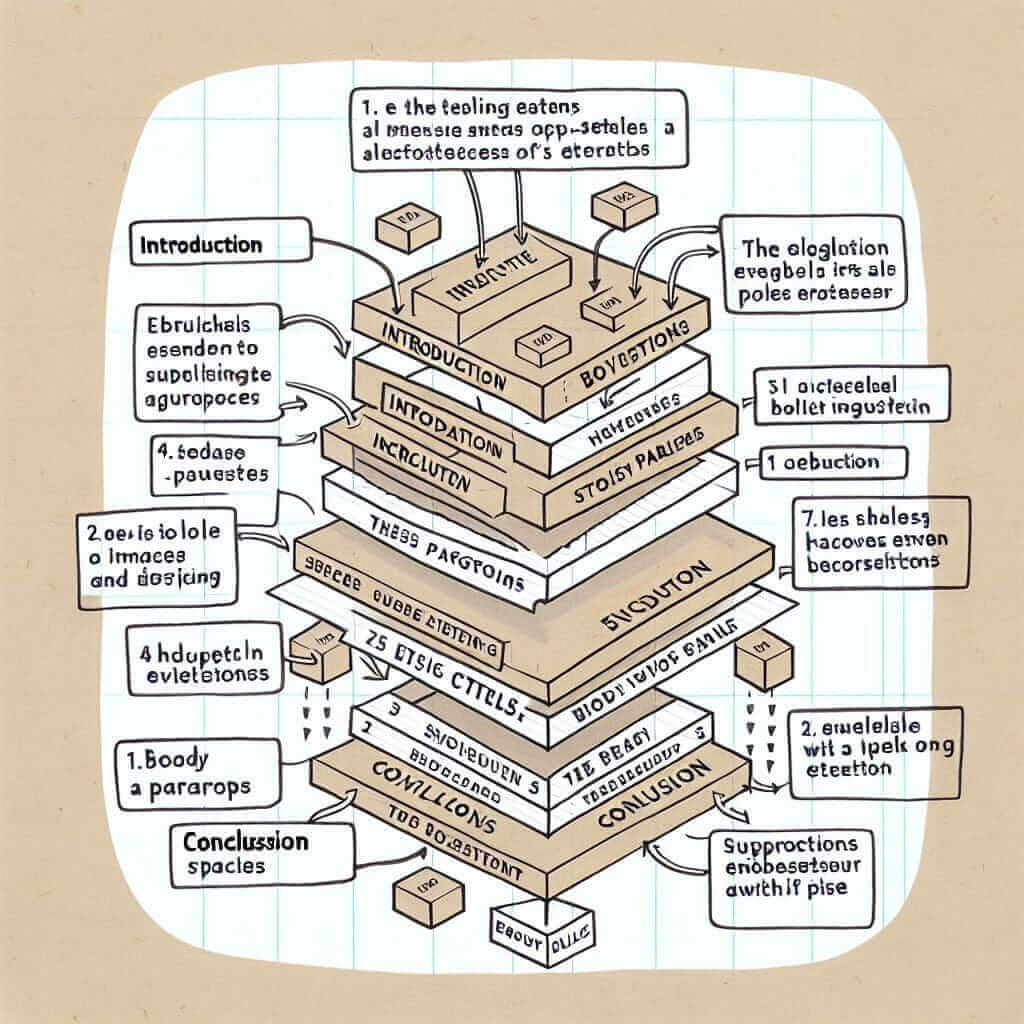Introduction: Mastering the Art of IELTS Writing Task 2
As an IELTS instructor with over two decades of experience, I’ve witnessed countless students grapple with the intricacies of IELTS Writing Task 2. This section of the IELTS exam is often perceived as the most challenging, demanding not just language proficiency but also critical thinking and coherent argumentation. In this comprehensive guide, we’ll delve into the essential strategies and techniques to help you conquer this task and achieve your desired IELTS score.
Understanding IELTS Writing Task 2
IELTS Writing Task 2 requires you to write an essay in response to a given prompt, which is typically an opinion, a problem, or a trend. Your essay should be at least 250 words long and written in a formal, academic style. The task assesses your ability to:
- Understand and analyze complex issues.
- Present a clear and well-structured argument.
- Use a wide range of vocabulary and grammatical structures accurately.
- Support your ideas with relevant examples and evidence.

Step-by-step Guide to Writing a High-Scoring IELTS Task 2 Essay
1. Analyze the Question:
Before you even put pen to paper (or fingers to keyboard), carefully analyze the prompt and identify the key information:
- What is the main topic of the essay?
- What type of essay is it? (e.g., opinion, discussion, problem-solution)
- What are the specific instructions? (e.g., discuss both views, give your opinion, suggest solutions)
2. Plan Your Essay:
A well-structured essay is crucial for a high score. Spend a few minutes creating a simple outline:
- Introduction: State the topic and your thesis statement (your main argument).
- Body Paragraph 1: Present your first supporting argument with evidence and examples.
- Body Paragraph 2: Present your second supporting argument with evidence and examples.
- Conclusion: Summarize your main points and restate your thesis in a clear and concise manner.
3. Craft a Strong Introduction:
Your introduction should grab the reader’s attention and clearly state your position. You can achieve this by:
- Paraphrasing the question: Briefly reword the prompt in your own words.
- Providing background information: Set the context for your argument.
- Presenting your thesis statement: Clearly state your main argument or position.
4. Develop Coherent Body Paragraphs:
Each body paragraph should focus on a single idea that supports your thesis statement. Follow the PEEL structure:
- Point: State your supporting argument clearly.
- Explain: Elaborate on your argument and provide reasons.
- Example: Illustrate your point with a relevant example.
- Link: Connect your paragraph back to the thesis statement and the next paragraph.
5. Use a Variety of Vocabulary and Grammar:
Show off your language skills by using a wide range of vocabulary and grammatical structures accurately.
- Avoid repetition: Use synonyms and paraphrasing to avoid sounding repetitive.
- Employ a range of sentence structures: Use a mix of simple, compound, and complex sentences to add variety and fluency to your writing.
6. Provide Strong Supporting Evidence:
Back up your arguments with strong supporting evidence, such as:
- Facts and statistics: Provide credible data to support your claims.
- Examples: Use real-life examples to illustrate your points.
- Expert opinions: Quote relevant experts to lend credibility to your argument.
7. Conclude with Impact:
Your conclusion should summarize your main points and leave a lasting impression on the reader. Avoid introducing new information in the conclusion. Instead:
- Restate your thesis statement: Remind the reader of your main argument.
- Summarize your key points: Briefly restate your supporting arguments.
- Offer a final thought: End with a thought-provoking statement or a call to action.
Example IELTS Writing Task 2 Question & Essay Outline:
Question:
Some people believe that the best way to reduce crime is to impose stricter punishments on criminals. To what extent do you agree or disagree?
Outline:
- Introduction:
- Paraphrase the question: There is debate surrounding the effectiveness of stricter punishments in combating crime.
- Thesis statement: While stricter punishments can deter certain crimes, I disagree that it is the best way to reduce crime overall.
- Body Paragraph 1:
- Point: Stricter punishments can act as a deterrent for some individuals.
- Explain: Fear of severe consequences can discourage potential offenders.
- Example: Increase in fines for traffic violations leading to improved road safety.
- Link: However, focusing solely on punishment neglects underlying societal issues.
- Body Paragraph 2:
- Point: Addressing root causes of crime is more effective in the long term.
- Explain: Social factors like poverty, lack of education, and unemployment contribute to crime.
- Example: Rehabilitation programs providing job training and education opportunities for ex-offenders reducing recidivism rates.
- Link: Therefore, a multifaceted approach is essential to truly reduce crime.
- Conclusion:
- Restate thesis: While stricter punishments have a role to play, they are not the most effective solution.
- Summary: Addressing root causes of crime through social programs and rehabilitation is crucial for long-term crime reduction.
- Final thought: A balanced approach combining punishment with rehabilitation and social reform offers the best hope for a safer society.
Tips for Success:
- Practice regularly: Familiarize yourself with different essay types and practice writing within the time limit.
- Seek feedback: Ask a teacher or tutor to review your writing and provide constructive criticism.
- Read model essays: Analyze high-scoring essays to understand the structure, language, and argumentation techniques.
- Proofread carefully: Allocate time to review your essay for grammatical errors, spelling mistakes, and clarity issues.
Conclusion:
Writing a high-scoring IELTS Task 2 essay requires a combination of strong language skills, critical thinking abilities, and effective writing techniques. By following the steps outlined in this guide and practicing consistently, you can significantly improve your chances of achieving your desired IELTS score. Remember, becoming a proficient writer is a journey, and every step you take brings you closer to your goal.